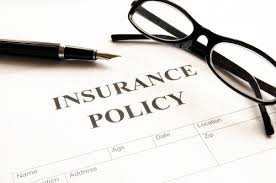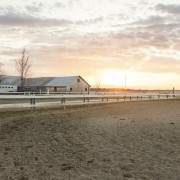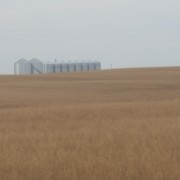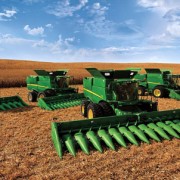Risk Transfer (a.k.a Insurance)
I spend a lot of time thinking about risk management. Often the focus is around “cost-benefit” and the “what-ifs” that need to be applied to every business decision we make. But recent conversations with some of my insurance buddies have sparked this writing and a discussion on how you can take advantage of risk transfer.
Risk transfer is as the name implies: you are transferring the risk of harm to a third party. That third party wants to be paid to take the risk, and as such asks you to pay a premium. This is nothing new for almost all of us.
There is a piece of this equation that may be unclear for some people. Similar to how a lender won’t finance 100% of the value of an asset, insurance companies won’t necessarily insure 100% of the value of an asset. They need some comfort in knowing that you will also incur a loss in a claim situation which they expect would incite you to take appropriate measures to protect the asset. This coverage gap, combined with the deductible, is the risk you retain. The amount of risk you wish to transfer (insurance coverage) and the amount of risk you are prepared to retain determine the amount of the premium that the insurer will expect. Again, this is nothing new, but the part that is often overlooked is the value of the asset in the policy.
A couple of years ago, I made a referral in to an insurance broker for a full farm review. What the broker discovered was that a brand new fully loaded farm shop was insured for replacement value, but only for $20,000 in contents. This was easily $80,000 too low based on what was actually contained in this particular shop. In this situation, the insured (the farmer) had to acknowledge 1 of 3 things:
- He chose to retain $80,000 of risk (plus deductible) if the shop and contents were a total loss;
- He was unaware that he was grossly under-insured;
- He was unaware of just how much the contents of his shop were valued.
In this example, the farmer was poorly advised in 2 of 3 points above because “being unaware” of coverage gaps is an excuse your insurer won’t feel sorry for, nor with they pay. The other point (retaining the risk) may have been strategic, but the broker doing the review did an excellent job of identifying these kinds of coverage gaps. When assets are bought, sold, or used up & discarded, the effect on your insurance coverage can be significant. If you have not reviewed your coverage thoroughly for a few years, you may be holding coverage that is far from meeting your needs.
The other aspect of risk transfer that is too often ignored is liability. Liability is very affordable, yet, according to many insurance advisors I speak with, it is rarely included to a suitable scale in farm risk management strategies.
Direct Questions
When was your last insurance review? Like your business plan, your crop plan, and your estate plan, your insurance plan should be reviewed at least annually.
How well can you describe your liability coverage on your farm? What is covered? What is not covered? Can you afford to find out AFTER an insurable incident?
Do you have contractors, salespeople, and visitors on your farm at any point through the year? Are you covered if they get hurt while on your premises? What about on your rented land, who is liable: landlord or tenant?
From the Home Quarter
My company and I carry different kinds of insurance for different reasons. For your interest, I carry a Commercial General Liability policy. This covers me when I’m on YOUR property. YOU can take solace in knowing that if I should somehow cause damage to your property, I have paid to transfer that liability to a third party.
The risk you face from allowing an uninsured person onto your property can be staggering. Imagine the ramifications if a delivery of anhydrous ammonia went wrong while a visitor was on your property? If that visitor, or the driver, was seriously injured from the NH3, and if your supplier was not covered or insufficiently covered, the ball gets handed to you. Make sure that those who you allow on your farm carry their own coverage, and ensure you have your own coverage too.












Leave a Reply
Want to join the discussion?Feel free to contribute!